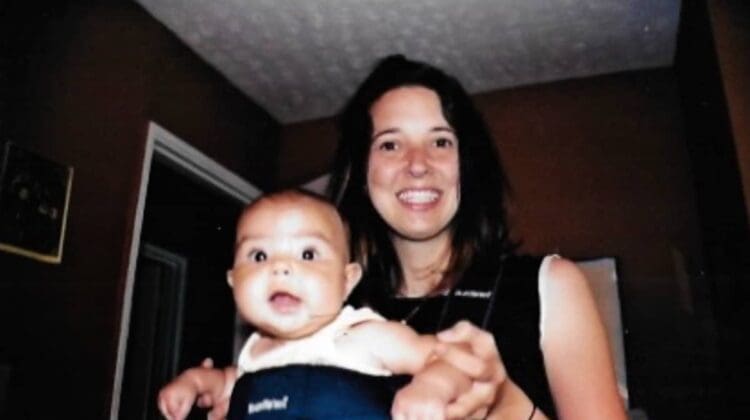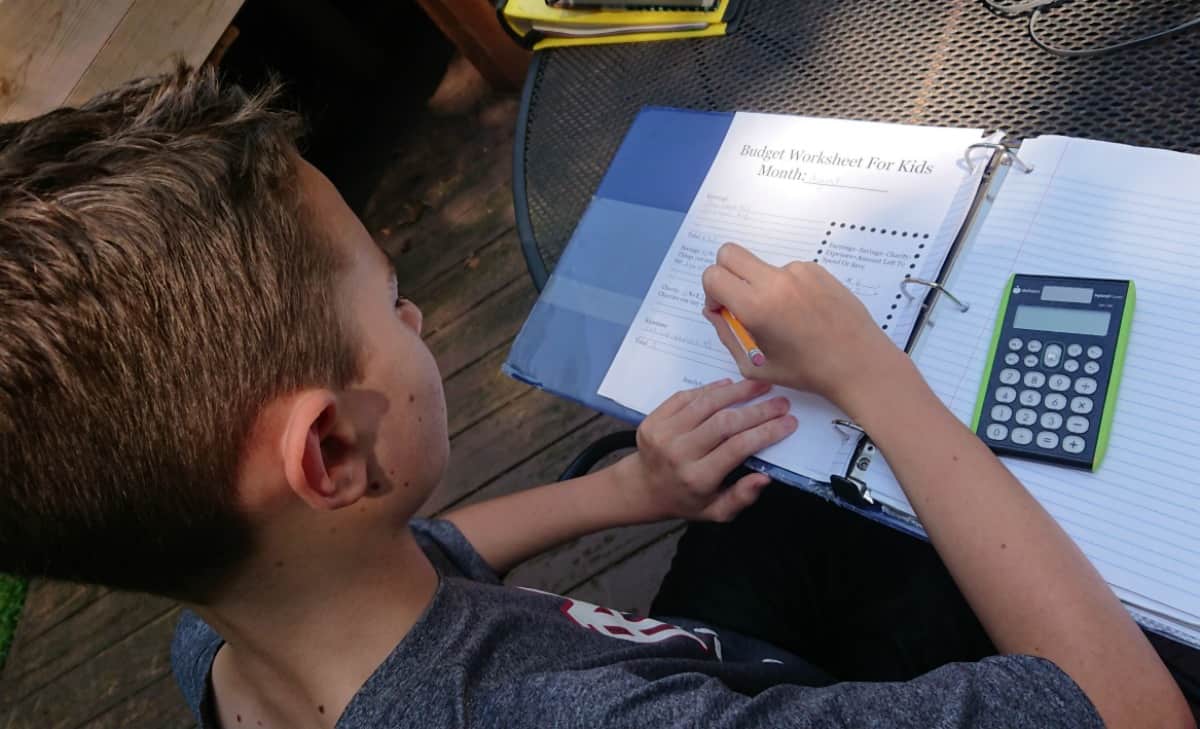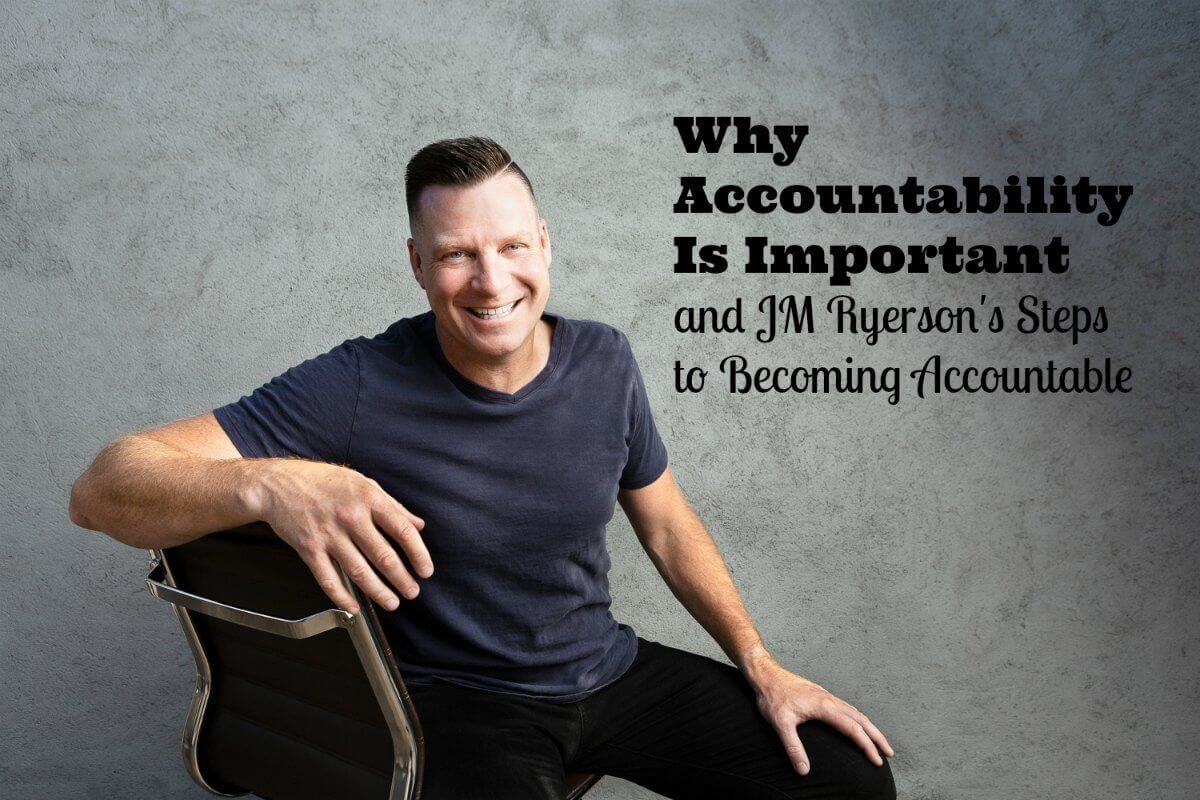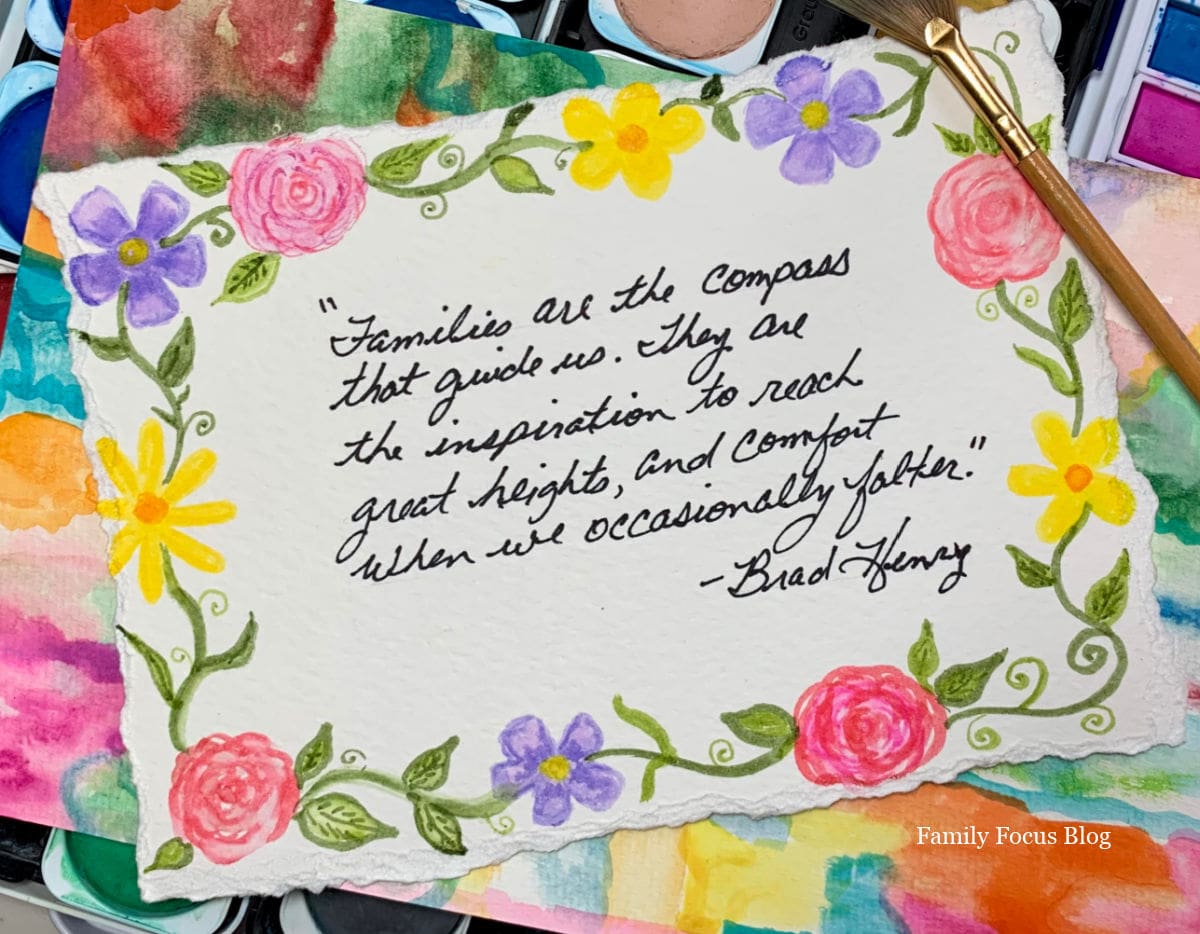Today, I want to share with you some of my favorite quotes on follow through. I think that as a general concept everyone knows the follow through meaning is to finish what you start. People also know following through is important but sometimes they neglect it because it takes too much time, effort, confidence, or desire. However, following through is part of building trust and … [Read more...] about Follow Through Meaning And Inspirational Quotes
The Best Parenting Tips
Effective parenting tips for toddlers to teens. Information to help you develop good parenting skills. Best parenting tips from a variety of experts on topics such as single parenting tips, attachment parenting, parenting styles, and discipline.
Inspirational Parenting Quotes To Help You Stay Positive
Being a parent is one of the hardest jobs you’ll ever have. It’s also the most rewarding. Watching your children grow, learn new skills, enjoy new discoveries, and develop their own personality is nothing short of a blessing. But sometimes, we all need a reminder of just how blessed we are! Here are some of my favorite inspirational parenting quotes to help you get back on the … [Read more...] about Inspirational Parenting Quotes To Help You Stay Positive
Different Types of Baby Carriers for Newborns: A Comprehensive Guide
When it comes to transporting your little one, choosing the right baby carrier for newborns is crucial for both comfort and convenience. Newborns require support for their head and neck, along with a comfortable, snug environment that mimics the closeness of being in the womb. Several different types of baby carriers are specifically designed to suit these needs, ranging from … [Read more...] about Different Types of Baby Carriers for Newborns: A Comprehensive Guide
Budgeting For Kids And A Free Budget Worksheet
As parents, it is our responsibility to teach our children financial awareness. This includes showing younger kids how to budget their money from an early age. Including them as a part of the family budgeting plans is a great thing, but it does not relate directly to them on their level. Therefore, helping your kids set up a budget of their own will teach them on a smaller … [Read more...] about Budgeting For Kids And A Free Budget Worksheet
What It Means to be Family Oriented
Family first seems to be a motto for many, but do they really mean it? What does it mean to put your family first and be family oriented? We all want more time with our families and we want to be there for the special moments as well as the family night dinners, but work and other life commitments can make that a challenge sometimes. What is family oriented and why is being … [Read more...] about What It Means to be Family Oriented
Importance Of Accountability For Your Actions
I believe that accountability often gets overlooked as one of the truly important qualities that we should all display at home, in family life, and in our places of work. Instead, accountability is a word we often associate with leaders. This is because a good leader always takes responsibility for their actions and the consequences of their decisions. The importance of … [Read more...] about Importance Of Accountability For Your Actions
Inspirational Quotes About Family Strength and Love
I love reading inspirational quotes about family strength to remind me that we are blessed to have each other in good times and in bad times. Sometimes words just hit you in a way that really connects with you. I have been searching out and saving up inspirational quotes about many topics and saving them to my Impactful Words Pinterest Board for several years. Today, I thought … [Read more...] about Inspirational Quotes About Family Strength and Love







